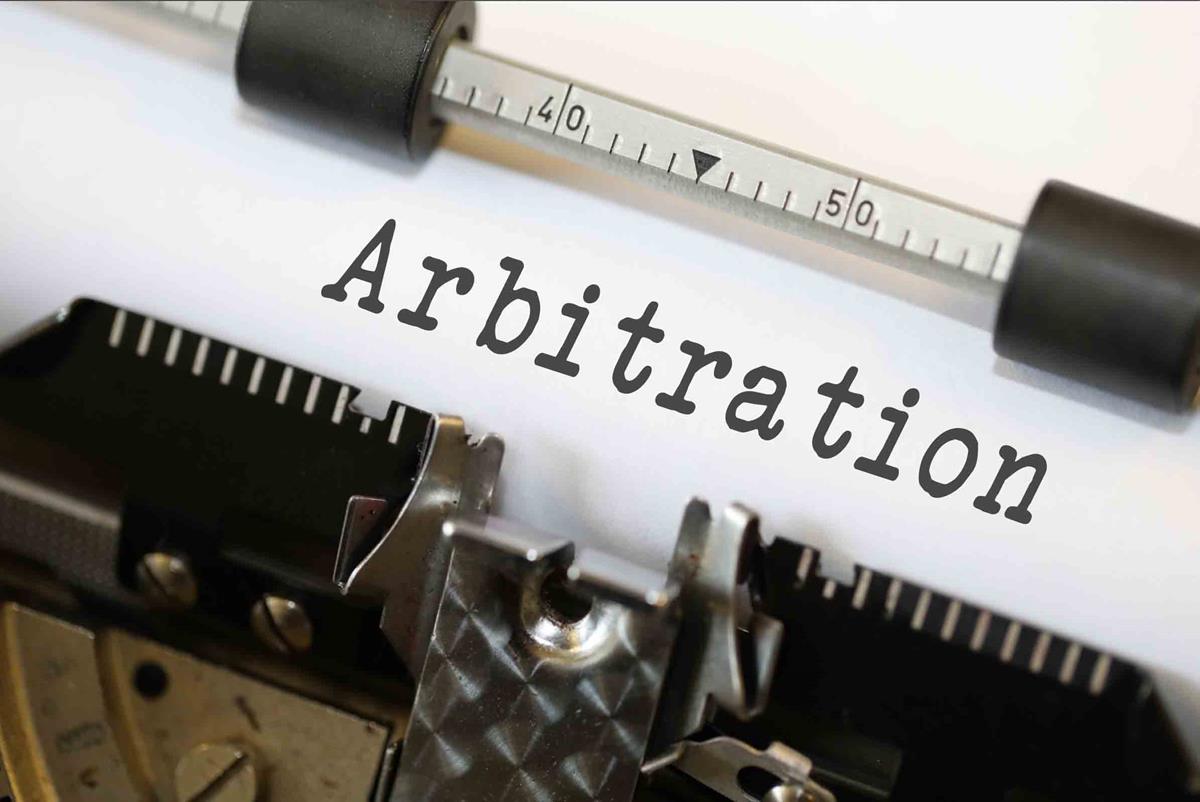Why a Properly Drafted Third Party Guarantee Agreement Matters
 The Supreme Court in Clipper Leasing Corporation vs Attorney General & Ghana Airways in Liquidation[1]has highlighted the need for properly drafted third party guarantee agreements as a means of reducing the risks and losses involved in business. In this case, the Court had its eye on the risk of insolvency.
The Supreme Court in Clipper Leasing Corporation vs Attorney General & Ghana Airways in Liquidation[1]has highlighted the need for properly drafted third party guarantee agreements as a means of reducing the risks and losses involved in business. In this case, the Court had its eye on the risk of insolvency.
The Appellant, in this case, was an aircraft leasing company registered in Antigua. It leased an aircraft to Ghana Airways for a period of 36 months on a dry lease basis. By the end of the lease period, Ghana Airways was indebted to the Appellant, in addition to scores of other entities. Somewhere in 2005, the Government of Ghana (as sole shareholder in the then National Carrier) resolved to liquidate the national carrier. The official liquidator, the Registrar General, published a notice to all creditors of the national carrier requesting them to submit to the liquidator proof of their debt. The Appellant responded by filing its claim.
The Appellant also received three letters from the Government of Ghana and Ghana Airways. The first two was from the Ministry of Roads and Transport. The third was from the legal department of Ghana Airways. According to the Appellant, these letters expressed the intention of the Government of Ghana to assume the liabilities of Ghana Airways “including all known and unknown debts as at 31 August 2004.” The letters further informed the creditors of Ghana Airways (including the Appellant) that the government had established a debt committee to validate and negotiate the debts of Ghana Airways.
The Appellant argued that it relied on the representations in the letters and took a number of steps to its detriment. It, for instance, suspended a suit it had instituted in England against Ghana Airways; only for the government to turn around and suspend the work of the debt committee responsible for validating and negotiating the debts of Ghana Airways. The liquidator also informed the Appellant that having regard to the value of the assets and liabilities of the then national carrier, the Appellant would only be entitled to 7 per cent of what the national carrier owed it. It, therefore, submitted that it had relied on representations both from the Government of Ghana and Ghana Airways to its detriment. In arguing along those lines, the Appellant hoped to make the Government of Ghana liable for the indebtedness of Ghana Airways.
But it was not successful. The Supreme Court found that there were no clear, unequivocal and unconditional representations (by the Government of Ghana) in the letters that Appellant was relying on. The Court pointed out that the third letter from the legal department of Ghana Airways was written without prejudice – which in the view of the court should have placed the Appellants on notice of the fact the Respondents were not giving up on their legal rights as far as the Appellant’s claims were concerned.
But significantly, the court found that “there is no contract between the Appellant and the government of Ghana. In fact, it is the absence of a contract of guarantee that has left [Apellant] to be relying on equitable doctrines to found its case against the government. Consequently, the principle of estoppels by convention is not applicable…”
The moral of the case is this: not even principles of estoppel can take the place of a well-drafted third party guarantee agreement setting out in clear terms the obligations, liability and the extent of liability of guarantors.
[1]Civil Appeal No. J4/40/2015 (9 March 2016)
*Image sourced from https://commons.wikimedia.org/wiki/File:DC-10 30_of_the_Ghana_Airways_in_Zürich.jpg


